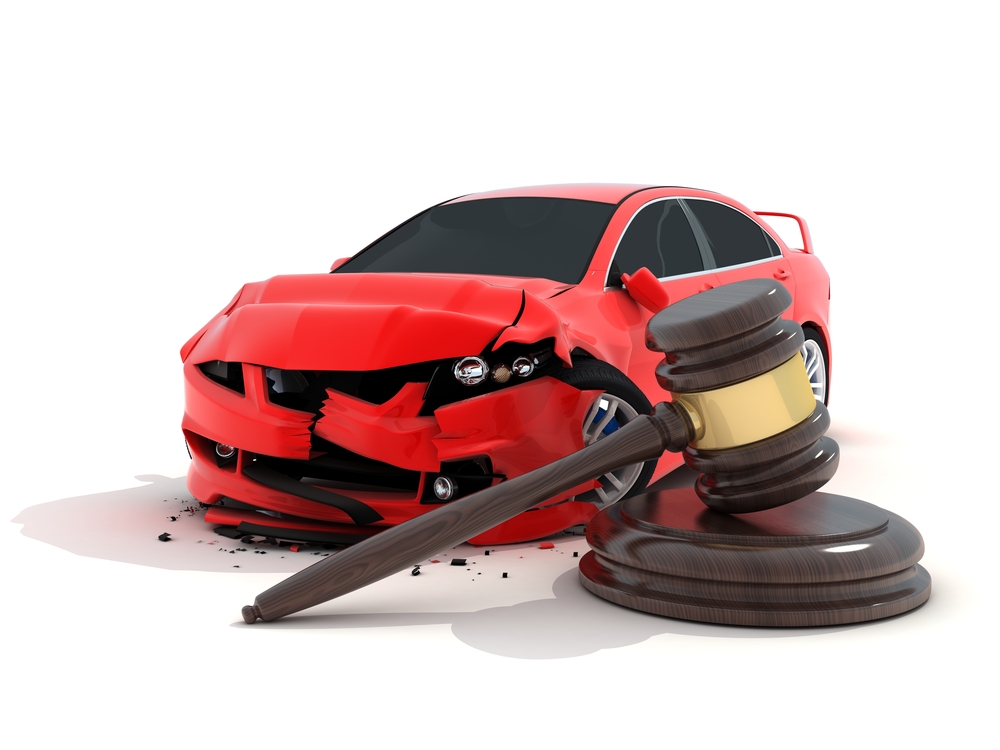
Initial Consultation
When you've been involved in a car wreck, the first step typically involves meeting with a car accident lawyer to discuss your case. This meeting allows the lawyer to assess the facts, understand the circumstances of the crash, and determine if you have a viable claim. It's critical for clients to bring any documentation related to the accident (like police reports or medical records) which can help the attorney build a strong foundation for your case.
Gathering Evidence
Once representation is agreed upon, your lawyer will start gathering evidence pertinent to your lawsuit. This process includes collecting photos from the accident scene, securing video surveillance footage if available, obtaining witness statements, and compiling medical records that document injuries sustained due to the crash. All this information is crucial as it helps establish liability and quantify damages.
Filing The Lawsuit
Filing a legal claim begins once sufficient evidence has been collected. Your attorney will draft and file a complaint against those responsible for causing the accident—be it another driver, a company or even municipal entities. The complaint outlines your allegations concerning how and why the defendant is at fault along with detailing what compensation you are seeking.
Discovery Process
After filing the lawsuit, both sides enter a phase called discovery! During this time, each party investigates what claims and defenses will be put forth by exchanging documents, asking written questions (interrogatories), and conducting depositions. The discovery phase can be lengthy but is essential for uncovering additional evidences or weaknesses in either side’s case.
Negotiation And Settlement
Many car accident lawsuits settle before going to trial through negotiations between parties' lawyers. Settlements are often preferred because they reduce legal costs and ensure certain compensations without unknown risks of trial outcomes. Lawyers play an instrumental role here—they negotiate hoping they reach an agreement that all parties consider fair.
Trial Preparation And Court Proceedings
If negotiations fail or aren't satisfactory (the offer may not completely cover all expenses or damages), preparing for trial becomes necessary. Your lawyer will prepare arguments based on gathered evidence, expert testimonies might be lined up (to reinforce cases about specific injuries), and strategies refined depending on how court proceedings evolve.
In effect this means there are several steps involved when filing a lawsuit with assistance from a car accident lawyer—from initial consultations through detailed phases like discovery until possibly reaching courtrooms if necessary settlements cannot be achieved earlier!
Frequently Asked Questions
1. How Do I Start the Process with a Car Accident Lawyer?
To begin, you should contact a car accident lawyer who specializes in personal injury law. During your initial consultation, which is often free, you'll discuss the details of your accident and any injuries sustained. The lawyer will evaluate the merits of your case and explain the legal options available to you.
2. What Information Do I Need to Provide My Lawyer for Filing a Lawsuit?
You need to provide your lawyer with all relevant documents related to the accident. This includes police reports, medical records and bills, photographs of the scene and damages, witness statements, and any correspondence with insurance companies. These documents will help your lawyer build a strong case on your behalf.
3. What are the Stages of a Lawsuit in a Car Accident Case?
The lawsuit process generally starts with filing a complaint against the parties responsible for the car accident. The defendants then file an answer or motion in response. This is followed by the discovery phase where both sides exchange evidence and information through depositions, requests for documents, and interrogatories. After discovery, there might be pre-trial motions leading up to trial where both sides present their case before either a judge or jury decides on the outcome.